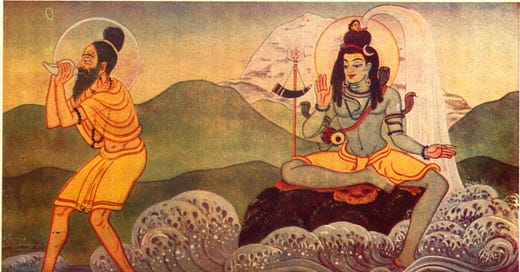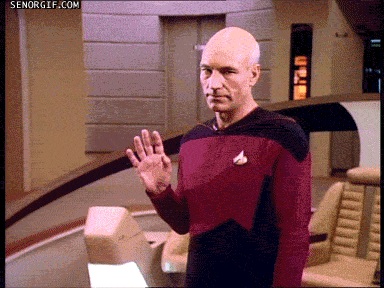Kyborg 26: SOS10
This is the last update in this cycle of the Kyborg Series (Five weeks of Five updates, if you remember). I will be back in 3 weeks with another cycle. Today’s essay summarizes what I have learned over these five weeks.
Series Summary
I started this series with two linked assumptions:
While all of us take the intelligibility of the world for granted (it’s rare that someone wakes up into a dream, and even then the dream is as intelligible as waking reality) it continues to be a puzzle at the heart of science and philosophy, and in the heart of hearts is a “hard problem” at its core: why is the world intelligible at all?
The German philosopher Kant was the person who revolutionized our understanding of intelligibility and in doing so, put humans at the heart of world making. Given my own training, I would add a footnote to this second point: cognitive science and neuroscience haven’t absorbed Kant’s insights yet.
If computation is the technical advance that made a science of the mind and the science of intelligibility possible, then the Kyborg is the computer passed through a Kantian filter.
Back on Earth
There’s an ancient myth that the Rishi (sage) Bhagiratha prayed to Siva to bring the river Ganga down to the earth. If you consider the Great Chain of Being as the heavenly order of reality, Kant helped bring the GCB down to the earth. But once the river lands on earth, you never know where it’s going to go before it meets the ocean. Who would have predicted that our species would colonize this planet so thoroughly that we are in an era that bears our name: the Anthropocene.
Why were we able to go places where no one has gone before?
Asking that question opens up an exploration of the modern identity, the self who roams the world. Where did that self come from? I ended this series by engaging with Charles Taylor’s book on this topic, on the peculiar qualities of the modern self. I am taken with his view (or a view that I arrived at by reading Taylor) that a certain kind of moral cognition reveals the ontological essence of being human. That would have been a human in the light of God but in the modern era, the lamp of morality reveals humans as humans. It’s the singular earthly achievement of our age.
But now we have reached an impasse. The roaming self has nowhere left to go. We know the earth all too well and every extra serving of knowledge leads to more destruction. The earth can’t take that weight for much longer.
Some of us might leave this planet and make our fortune on Mars, but that will be a minuscule percentage for the foreseeable future, and we are only now beginning to understand how humans are not just connected with other earthly beings, we are constituted by them. In our ignorance, we have so endangered other beings on this planet that revealing humans as humans increasingly feels like a terrorist ideology than a form of liberation.
Where are going to go next? Will it be worth going?
These are the questions that arise as our species prepares for its next journey.





